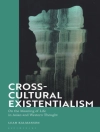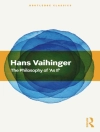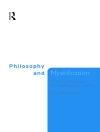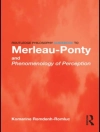Understanding the emergence of a scientific culture – one in which cognitive values generally are modelled on, or subordinated to, scientific ones – is one of the foremost historical and philosophical problems with which we are now confronted. The significance of the emergence of such scientific values lies above all in their ability to provide the criteria by which we come to appraise cognitive enquiry, and which shape our understanding of what it can achieve. The period between the 1680s and the middle of the eighteenth century is a very distinctive one in this development. It is then that we witness the emergence of the idea that scientific values form a model for all cognitive claims. It is also at this time that science explicitly goes beyond technical expertise and begins to articulate a world-view designed to displace others, whether humanist or Christian. But what occurred took place in a peculiar and overdetermined fashion, and the outcome inthe mid-eighteenth century was not the triumph of ‘reason’, as has commonly been supposed, but rather a simultaneous elevation of the standing of science and the beginnings of a serious questioning of whether science offers a comprehensive form of understanding. The Collapse of Mechanism and the Rise of Sensibility is the sequel to Stephen Gaukroger’s acclaimed 2006 book The Emergence of a Scientific Culture. It offers a rich and fascinating picture of the development of intellectual culture in a period where understandings of the natural realm began to fragment.
Stephen Gaukroger
Collapse of Mechanism and the Rise of Sensibility [PDF ebook]
Science and the Shaping of Modernity, 1680-1760
Collapse of Mechanism and the Rise of Sensibility [PDF ebook]
Science and the Shaping of Modernity, 1680-1760
购买此电子书可免费获赠一本!
语言 英语 ● 格式 PDF ● ISBN 9780191616464 ● 出版者 OUP Oxford ● 发布时间 2010 ● 下载 6 时 ● 货币 EUR ● ID 2275705 ● 复制保护 Adobe DRM
需要具备DRM功能的电子书阅读器












